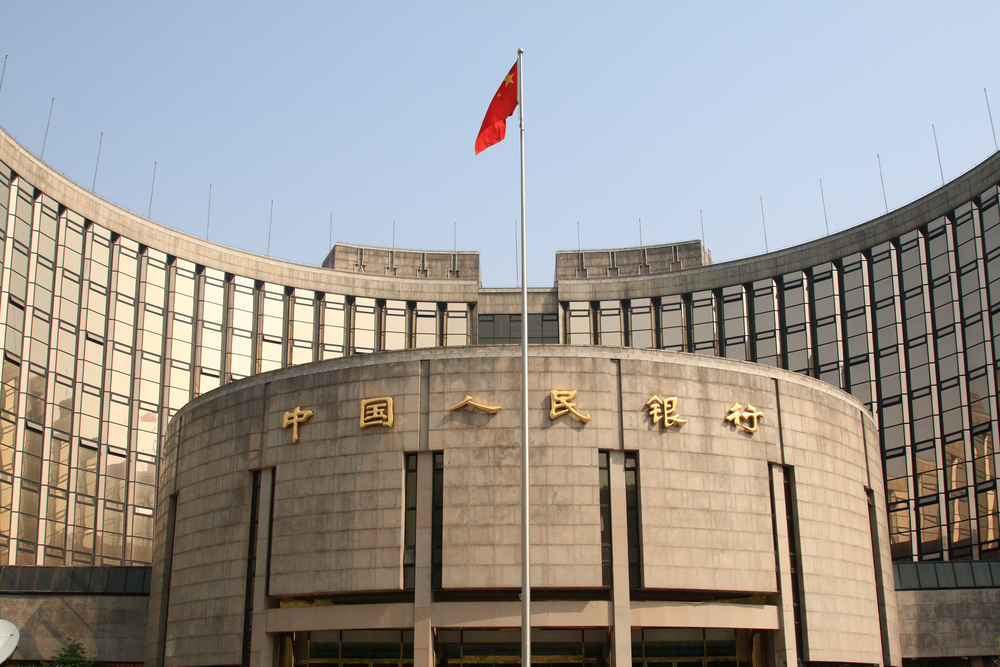Chinese Central Bank to Use Blockchain, Competition with Alibaba?

Earlier this week, CCN.com reported that the People’s Bank of China (PBoC) announced its plans of utilizing blockchain technology to develop a blockchain-based national currency called “RMBCoin,” By using a technology which underpins bitcoin, the PBoC is allocating its resources and capital to potentially launch a digital currency based on the Chinese yuan, similar to Alibaba.
There exists several major differences between legitimate cryptocurrencies like bitcoin & monero that are based on genuine cryptographic work and the PBoC’s project. The total supply of RMBCoin is manipulable by the government, the blockchain of the digital currency will not be made public, and private keys of users will be kept by the government or administrators in charge.
Another institution is also actively looking into the implementation of blockchain technology. Alibaba, the US$257 billion e-commerce and internet company, is experimenting with blockchain technology to potentially use it to underpin its financial services.
Alipay, a financial application developed by Ant Financial, a financial company operated by Alibaba, is the most widely used payment platform in all of China with over 900 million accounts and 350 registered and active users. With a market cap of $60 billion, Alipay has taken over the fintech industry of China and is rapidly penetrating the consumer base of traditional financial and banking markets with its more efficient, secure and cheaper alternatives to bank services.
Recently, Ant Financial CEO Eric Jing told CNBC in an interview that the company and its popular application Alipay is ready to expand globally. Considering its dominance over the Chinese fintech industry with over 70% of the market share in China and the rapidly growing global fintech market, Jing and the rest of the company believe that Ant Financial has the capacity of expanding its user base from China to the US, Europe and other regions.
During the interview, Jing revealed his ambitious vision of building Ant Financial into a financial company which serves 2 billion people in the next ten years, with unique and efficient fintech services like Aliipay.
“We have an ambition to be a global company. So my vision (is) that we want to serve 2 billion people in the next 10 years by using technology, by working together with partners … to serve those underserved,” Jing said .
The PBoC’s strategy to adopt blockchain technology in creating a digital currency used by the Chinese people nationwide will run in conflict with Ant Financial’s much larger project of creating a blockchain-based financial network used by billions of users around the world as well as within China.
Already, Ant Financial has begun to take over the financial industry as a rapidly increasing number of people are moving from traditional forms of payments to Alipay, a cashless alternative. Local residents, experts and analysts including Mofei Chen, founder and CEO of Money Bazaar, stated in an interview that it is very difficult to find people using credit cards or cash to settle any financial activity, from receiving salaries, paying for goods in local stores or buying a cup of coffee in a cafe. The vast majority of users use applications like Alipay with their mobiles to pay for goods.
“I can hardly remember the last time I used my wallet. Few foreigners realize how fast and advanced the development actually is in new payment features and mobile financial services in China,” Chen told Asia Times.
Image from Shutterstock.